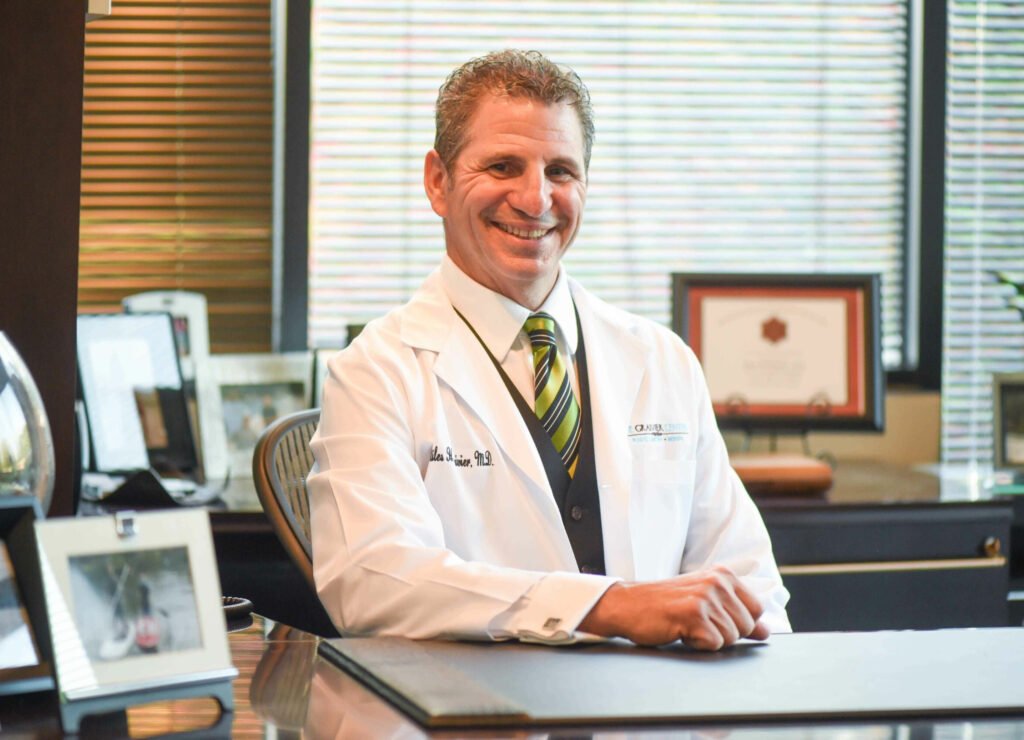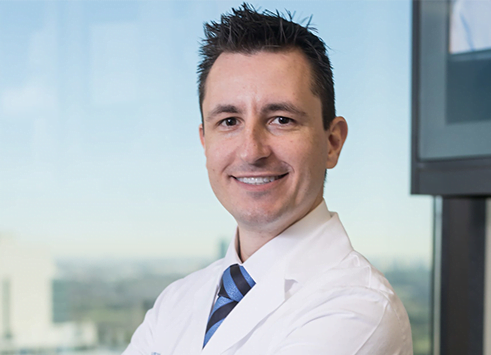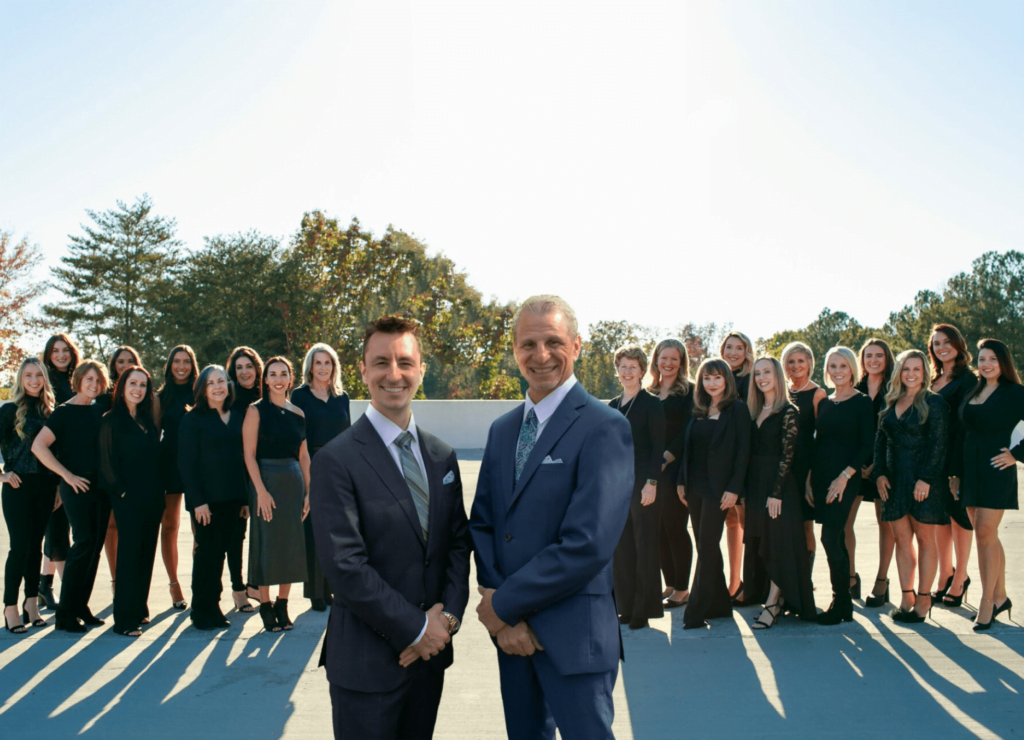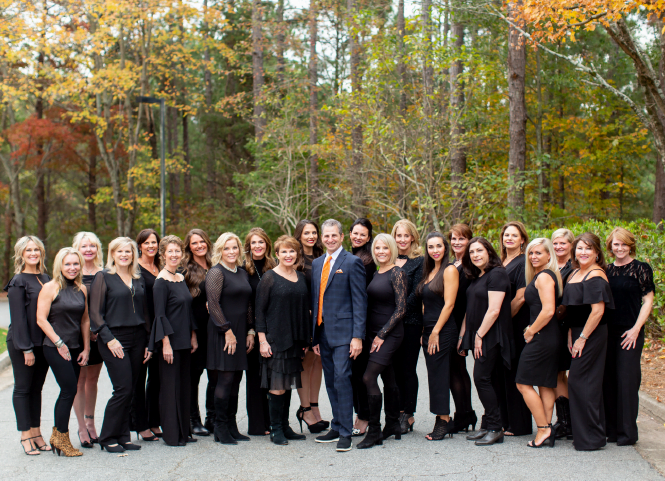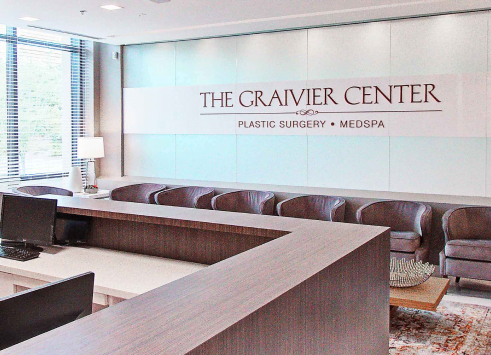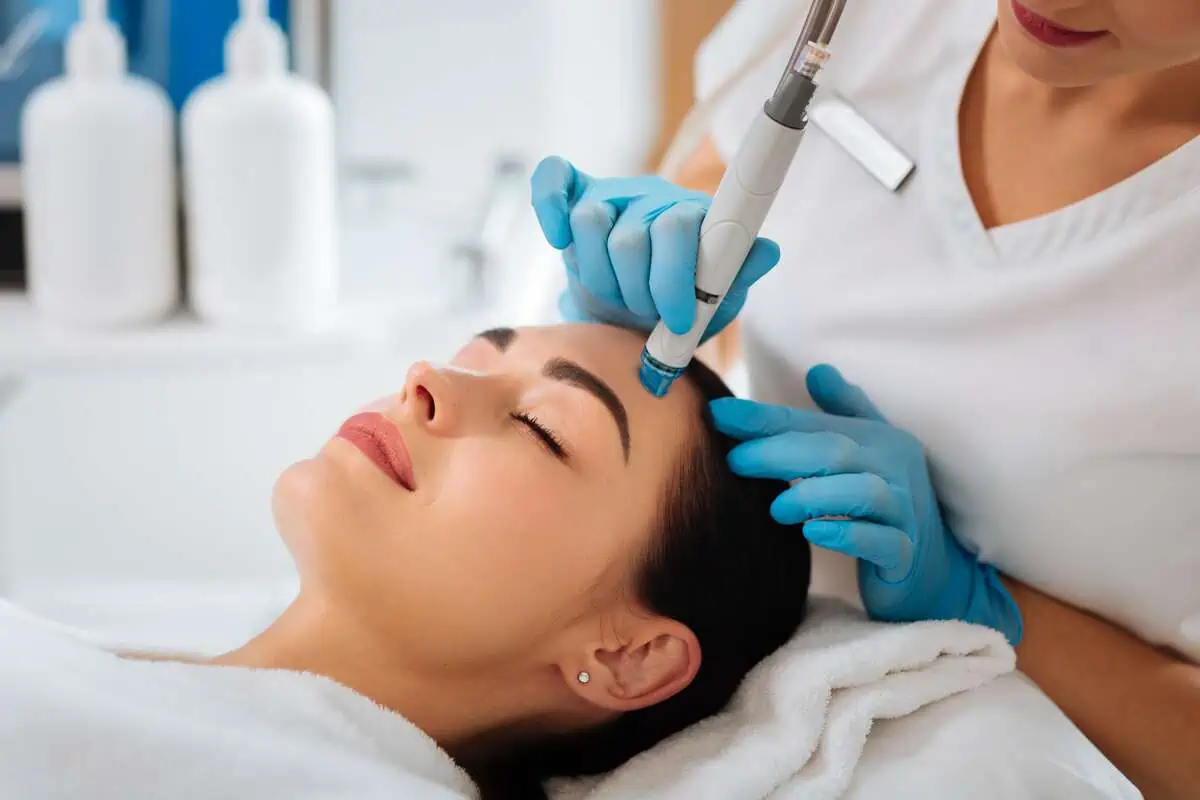Dr. Graivier is celebrating 25 years of work in plastic surgery. To celebrate his success, he took the time to talk about his career, his achievements, and his thoughts on the future.
Enjoy this exclusive interview with Dr. Graivier!
What inspired you to become a plastic surgeon?
I was privileged to have been exposed to surgery when I was very young and early on I could see how plastic surgery could change someone’s life. It was the only area of surgery where I could combine my skills of problem solving, artistry, and thinking outside of the box to really achieve an exemplary result and truly make someone happy.
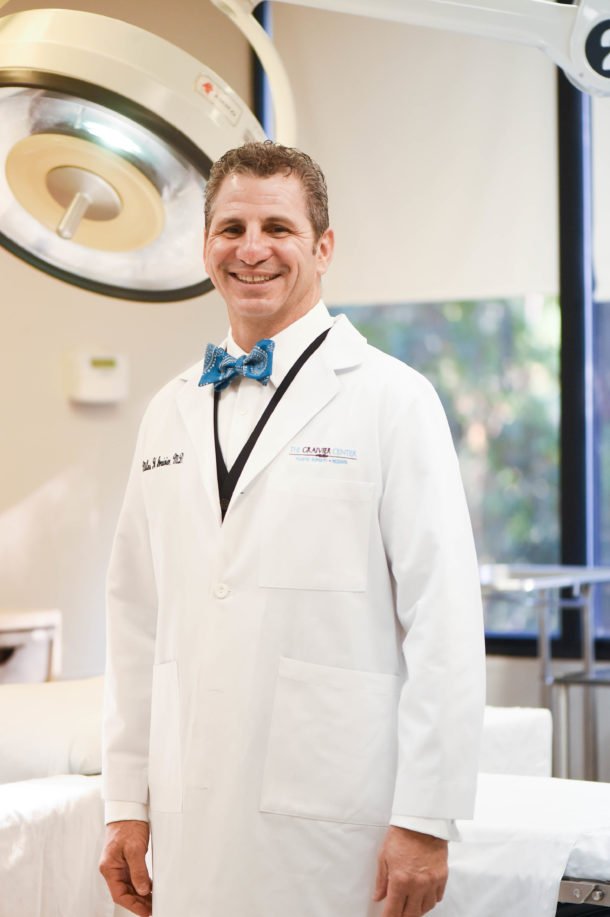
In your youth, did you see yourself becoming a plastic surgeon or did you have another career aspiration?
All boys growing up in Dallas dreamed of playing football for the Dallas Cowboys. When it was obvious that I would be too small to play professional football for the Cowboys, I knew that I would one day become a plastic surgeon. But, if the Cowboys are ever in need of a mature plastic surgeon to play for them, then I am available!
What does a typical day look like at your office?
Each day is like a well-scripted play with new twists. I like seeing people both in the open waiting area and in private. Patients start as clients and then become a part of our family.
What is your favorite part about coming to work each day?
I think seeing my patients and my staff each day and knowing that we’re going to create some “magic” is my favorite part of the day. I love seeing the synergy of our offerings on the office side, the med spa side, and the surgical side. I feel that we have created something truly special, and I look forward to it each and every day.
How has plastic surgery changed over the last 20 years?
In the last 20 years, there has been an explosion of new offerings in noninvasive to minimally invasive procedures and technologies that were not available in the past. Additionally, these new technologies (facial fillers, including Botox, lasers, minimally invasive lifts, and other noninvasive body contouring and skin tightening devices) have become much more effective today as opposed to even several years ago.
How have you adapted to the changes?
I stay on the cutting edge of technology and carefully evaluate each and every new offering in the world of plastic surgery. I am on numerous scientific advisory boards and I have technology companies bring me the latest advancements to evaluate how and when to use these devices and technologies to truly see if they are effective. Additionally, I try to look at my results not just in the early post procedure time period but also months and years later. I try to bring an objective eye to both nonsurgical and surgical results and decide if I can improve the result by altering technique or using the technology in a more effective way.
What are your predictions for how plastic surgery will evolve over the next 20 years?
I think there will be a continued evolution in the noninvasive and minimally invasive techniques and technologies. Additionally, I feel that we are just touching the surface on the use of adipose derived stem cells. I also continue to work to refine my techniques and teach my colleagues what I’ve learned to help them achieve superior results.
What is the most common misconception about plastic surgery that you see?
The most common misconception is that plastic surgery is easy. People believe plastic surgery is something that anyone with little or no training can do. In reality, when no one has any answers, who do you call? A plastic surgeon.
Tell us about a memorable experience you’ve had as a plastic surgeon.
I think the most memorable experience, and there have been many, is when I was a guest of the United Nations as part of the first surgical team to go to Croatia during their war. I had a man who lost his entire family during the war, and due to a mortar injury, had lost three quarters of his skull. Working in a basement of a makeshift operating room with limited resources, materials, and an entire contingent of Croatian surgeons watching, I reconstructed this man’s skull using his own ribs and tissue from a distant site. I will never forget the look on the man’s face and the tears in his eyes when he thanked me and told me that he felt that life was worth living again.
What is the most challenging aspect of your job?
The most challenging aspect of my job is to bring my A game to every single patient, every single day. Nothing less is acceptable. What I have done in the past week, year, or 25 years doesn’t matter. The only thing that matters is what I do that day, at that moment. No one leaves my operating table until I am satisfied, and I am very difficult to satisfy.
What is the most interesting part of your job?
I believe it is the problem-solving aspect. To be able to look at each person and truly evaluate what their desires and their needs are and then determine the best treatment course designed specifically for that person is one of the reasons why I chose plastic surgery as my profession. I can see different things and develop different options for each patient. Also, being able to figure out how to fix people who have had less than optimal results elsewhere is a passion of mine.
What is the most rewarding part of your career?
I think that it is the way that I feel when I have my patients come back, and they are so happy with what we have done. In many respects, it is life changing, and to see incredible change in someone’s outlook, demeanor, and overall quality of life is truly satisfying.






